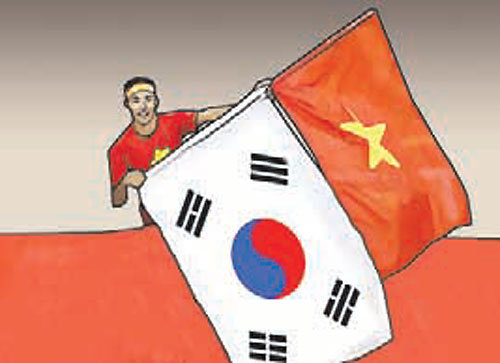Beyond the god of sorrow
Beyond the god of sorrow
Posted December. 19, 2018 07:37,
Updated December. 19, 2018 07:37

The following is a phrase from "The Sorrow of War," Bao Ninh’s novel based on the Vietnam War: “Thanks to sorrow, we could break away from the war and avoid burying ourselves in the emotional trauma from the scenes of carnage and violence.” What does this mean?
The main character Kien is called the “god of sorrow” because he always looks sad. He feels sad about everything. He is sad that he is alive when millions of people have died and he feels sad watching the ravages of the war. He is sad because his love is destroyed by the war. There is no room for the feeling of hatred or revenge for him. He serves as a member of the Remains Gathering Team to console the spirits of the dead, who died tragically in the war, and share their sad stories. His life is consumed with sorrow but the writer thinks that “sorrow is nobler feeling than happiness” and a means of healing a wounded heart. This is why there is no feeling of hatred in this war novel.
Maybe this is why Vietnamese seem to have overcome the sorrow of the war. After Vietnam won the AFF Suzuki Cup 2018, the Vietnamese crowd had the Vietnamese national flag and the South Korean national flag waving together just because their coach was Korean. They would surely know that out of the 400,000 soldiers sent to the Vietnam War by the U.S. allies, 320,000 were Korean soldiers. But they did not have any feeling of hatred. It was moving to see Vietnamese players cheer on the ground, wrapping themselves in Korean national flag and the Vietnamese people tolerating the act.
It was beautiful to see Koreans rooting for Vietnamese players. The act of wishing Vietnam’s victory might have reflected our feeling of guilt. Manager Park Hang-seo showed a great sense of historical awareness when he gave the glory to the Vietnamese people and said, “Please love my country as much as you love me.” A sense of historical awareness serves as a stepping stone for reconciliation and can heal wounded hearts.







